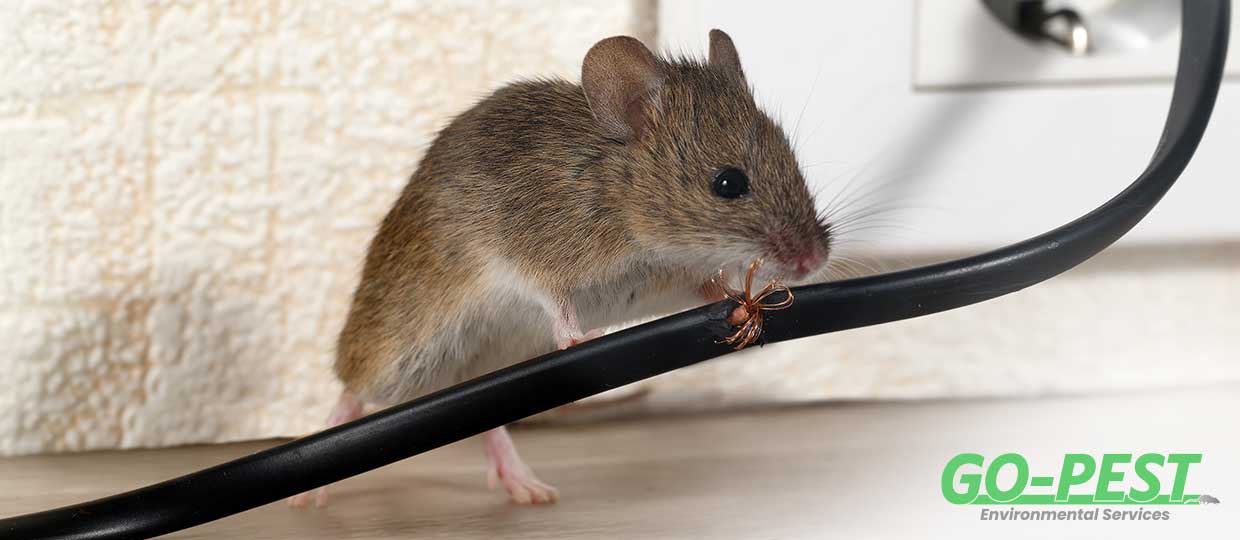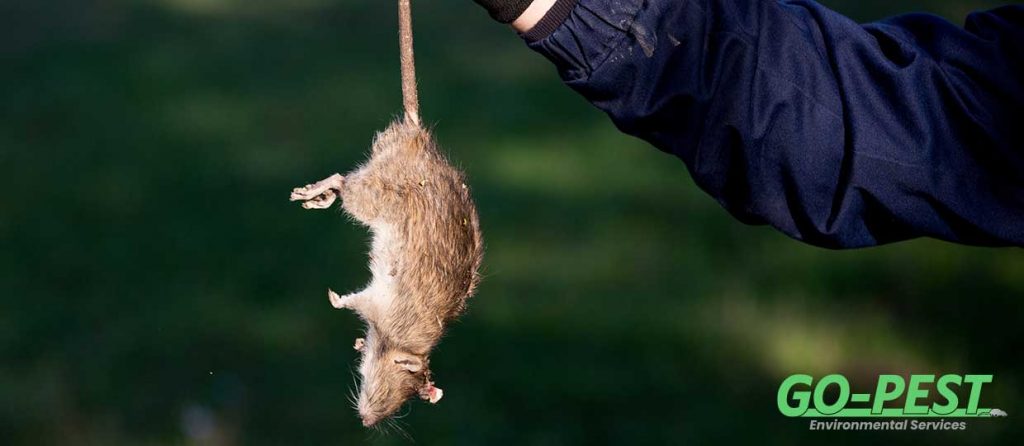Owning a home comes with a variety of responsibilities. Whilst some of these can be fun and rewarding such as redecorating or renovating to make your home uniquely yours. On the flip side, as a homeowner you will also come across the not so fun responsibilities such as dealing with drain blockages or having to deal with damage from a pest infestation.
In this article we will cover common questions such as “does my homeowners insurance cover pest damage” and “does house insurance cover rodent damage”
Firstly, lets deal with the damage that pests can do to your home.
Structural Damage
Rodents such as rats and mice will quite happily chew their way through organic matter. Whether that be paper, wood, books, clothes or even insulation.
Whilst many modern homes now have concrete floors, which will make them much more resilient to these intruders. If you’re living in an older property, chances are you have suspended floors. Rats underneath the floorboards, if left for too long, can begin chewing their way through joists, compromising the integrity of your floors. If you don’t solve the problem quickly, this can quickly become a very expensive problem to repair.
Insulation
As we briefly touched upon above, insulation makes a fantastic nesting material for rodents. By making holes and removing areas of insulation in your loft and walls can create thermal or cold bridges that compromises the efficiency of your insulation.
This can not only impact your heating bill. But a cold bridge could potentially lead to condensation problems that could lead to rot in the joists.
Pipework
Whilst copper pipes are typically much more resilient, these days it’s becoming more common to find plastic pipework within your property. Sharp rodent teeth can make quick work of your plastic pipes, and even a tiny hole in a pope can lead to damp, rot, and even flooding.
Electrical Cables
Chewing through an electrical cable would likely be bad news for a mouse or rat, it can also be a major headache for the homeowner. Locating the source of the problem, and the fixing the issue could prove to be very expensive, not to mention the possible fire risk that comes with an exposed electrical cable.
Furniture & Clothing
Much the same as insulation. Your fabric furniture and clothing also make excellent bedding, and in some cases even a home for the more determined of rodents.
Does my home insurance cover vermin damage?
Whilst you would have to consult your specific homeowner’s policy to know for sure, most insurers expect you to keep on top of any routine maintenance of your home and keep it in a good state of repair. Because of this, it’s unlikely that your insurance would cover the cost of repairs to any damage caused by rodents.
Rodent damage in insurance providers’ terms is a maintenance issue, not an unforeseen risk. The home insurance policy covers unforeseen risks, not damage resulting from unsatisfactory house maintenance.
Does my home insurance cover pest infestations?
Many people have questions about insurance when it comes to pests; “does homeowners insurance cover rodent damage? What about bed bugs — does homeowners insurance cover bed bugs?”
Again, as we touched on above. Unless you have specialised coverage, it’s unlikely that you would be covered for the cost of removing a mouse or rat infestation.
Though it’s possible they may consider paying out on that caused by other wild animals. Some insurers for example, insure for loss or damage caused by wild animals providing they are not classed as moth, vermin, or insects.
So, if a goat headbutts your window and smashes it to pieces, you could be covered, but if a mouse goes to town on your expensive Persian rug you’ll probably be on your own.
Insurance companies see most pest infestations occurring because of poor maintenance upkeep
The thought process taken by most insurers is that if the homeowner took proper care of their property, infestations would not have occurred in the first place. Preventable damage and unexpected damage are two terms that play a significant role in whether pest damage is covered by insurance.
Unexpected damage
Unexpected damage is that which could not have been prevented by a homeowner performing reasonable maintenance. Damage from storms generally fits in this category.
Damage because of a rat infestation coming from the woodpile adjacent to your property would likely not be covered under most policies.
However, if the rats were to chew through an electrical wire which causes a fire, the fire damage may count as unexpected damage. In this case, your insurance provider might cover only damages related to the fire.
Again, you’d need to contact your insurer for further details on what is and what isn’t covered.
Preventable damage
Preventable damage is any damage that could have been avoided by the homeowner taking reasonable pre-emptive actions.
The key element to preventable damage is that they typically occur over time. This could be a tree root slowly growing into your foundation for example. It’s assumed that homeowners can see the risk of pest damage in advance and take action to prevent the damage.
What can I do to prevent pest infestations?
Whilst you can’t guarantee you will never have to deal with an infestation or damage caused by pests. As always, prevention is better than cure. Here are some tips to help keep your property free of pests and damage free.
- Keep food in metal or glass containers with tight-fitting lids.
- Keep trees trimmed so that they can’t reach the upper floors of your home.
- Clean your home regularly, paying special attention to the kitchen. Sweep your floor and check easy-to-forget areas, including under the toaster or the fridge. Reducing clutter means fewer places where vermin can hide.
- Remove any fruits or plants from the garden that have fallen or started to decay.
- Inspect your walls and doorways and fix any gaps or holes.
- Make sure the lids on your waste bins are kept closed.
- If you compost, invest in a rat-proof compost bin rather than leaving it in the open.
What is pest control insurance?
Pest control insurance covers the householder against damage caused by various animal and insect pests, who may invade your home. Specific rodent insurance, covering all rodents like mice and rats, or just rat insurance is also available.
Key takeaways
- The majority of home insurance policies will not cover pest infestations or any related damages unless you have specific coverage for this.
- Insurance providers draw a line between preventable and unexpected damages.
- Unexpected damage can be covered in homeowners’ insurance policies, even if it was related to a pest infestation.
- Regular maintenance can help reduce the risk of a pest infestation in your home.
If you do find yourself in the unfortunate position of dealing with a pest infestation, the best course of action would be to contact a professional pest control company such as Go-Pest for advice.
Again, if you do spot tell tale signs of a pest infestation, it’s important to act quickly to help prevent it from becoming a bigger problem.


